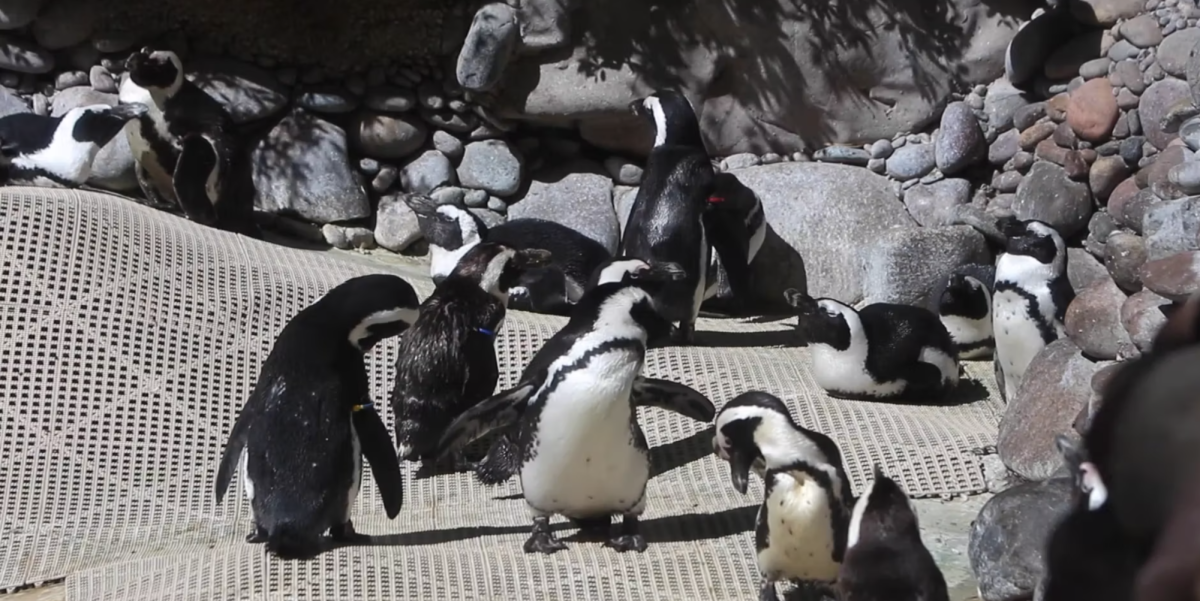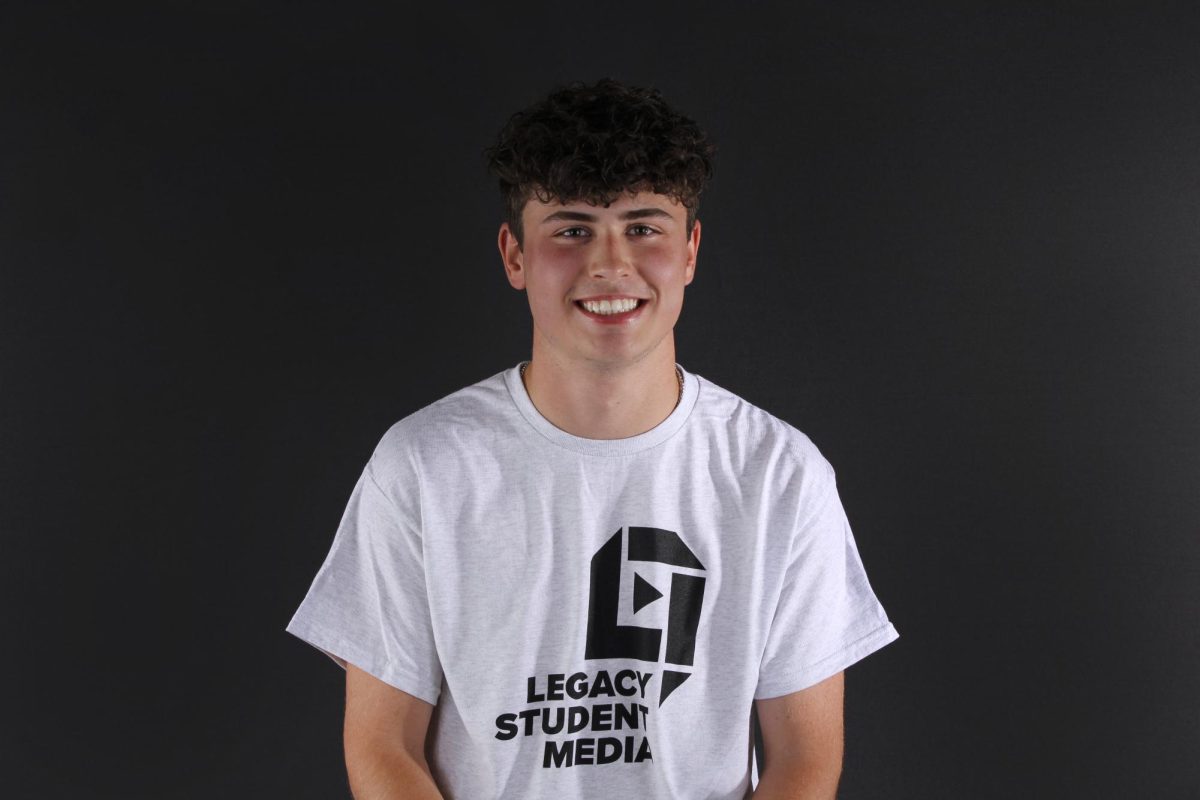Since the 1990s, the nation has gone through what some dub the Social Media Revolution. Along with exponential growth in telecommunications and the Internet, the development of social media results in the subsequent degradation of expression of written and spoken language. Our generation’s reliance on these nontraditional communication technologies will certainly revolutionize the concept of speech, but unfortunately the new modes of communication, unconventional writing style and the ever-growing use of social media will devolve the expression of English in America.
Internet critics point to poor grammar used in social media as evidence that these sites breed poor language skills. Most people use acronyms and unorthodox grammar in social media because they are too lazy to type out the full phrase or find more original ways to express their amusement.
Nevertheless, the proliferation of inappropriate writing into traditional settings cannot all be blamed on the advent of social media. Emoticons and acronyms, like btw, were intentionally created by Internet users to fulfill perfectly justifiable tasks like fitting more information into character-limited posts and indicating obscure feelings. Many people will add a smiley face emoticon or 🙂 after pointed, abrupt messages to show they intended no offense. Slang like this has always existed in one form or another. It only becomes a problem when young people start using this social media slang, the true heart of the issue.
Indeed, the greatest downfall of social media is its influence on the future. As it becomes more acceptable for young children to have cell phones and Twitter accounts, these children get less exposure to more traditional, formal communication.
The place where whole generations of young people see written words most is no longer in books or school but status updates and text messages. When they grow up, they will write and speak using what they know best–slang and improper grammar. This means while older people can use social media without noticeable degradation of speech and writing, the youth of America cannot.
Decades from now, these same people will be my business associates, but I want to be able to depend on them, not worry about their writing and speaking skills. To prevent a literary recession, parents should wait until their children learn how to communicate properly before giving their children access to networking devices.
My little sister, who has nothing electronic except an email address, knows most of the slang typical to social media, even without the added influence of texting or tweeting. As someone who pays close attention to speech patterns and words, this hits me too close to home to be comfortable.
Unless we want to sit back and watch the country’s language skills sink further into oblivion, the youth of America should step up their game in vocabulary and grammar.

















